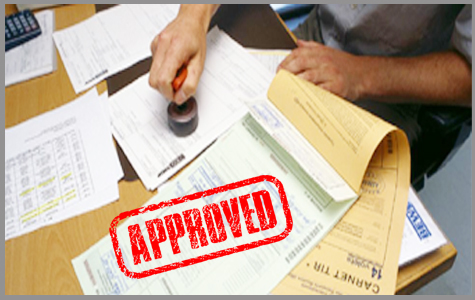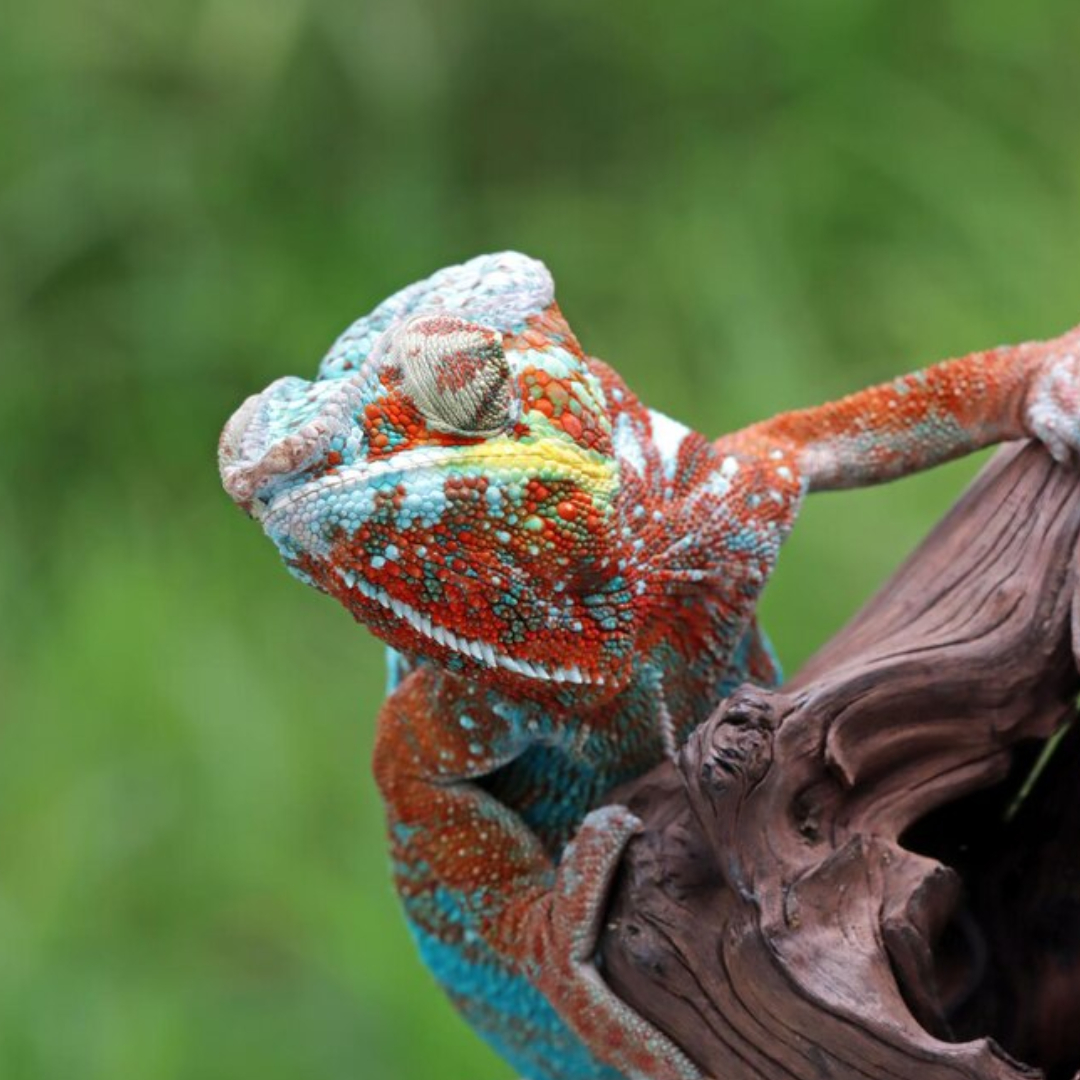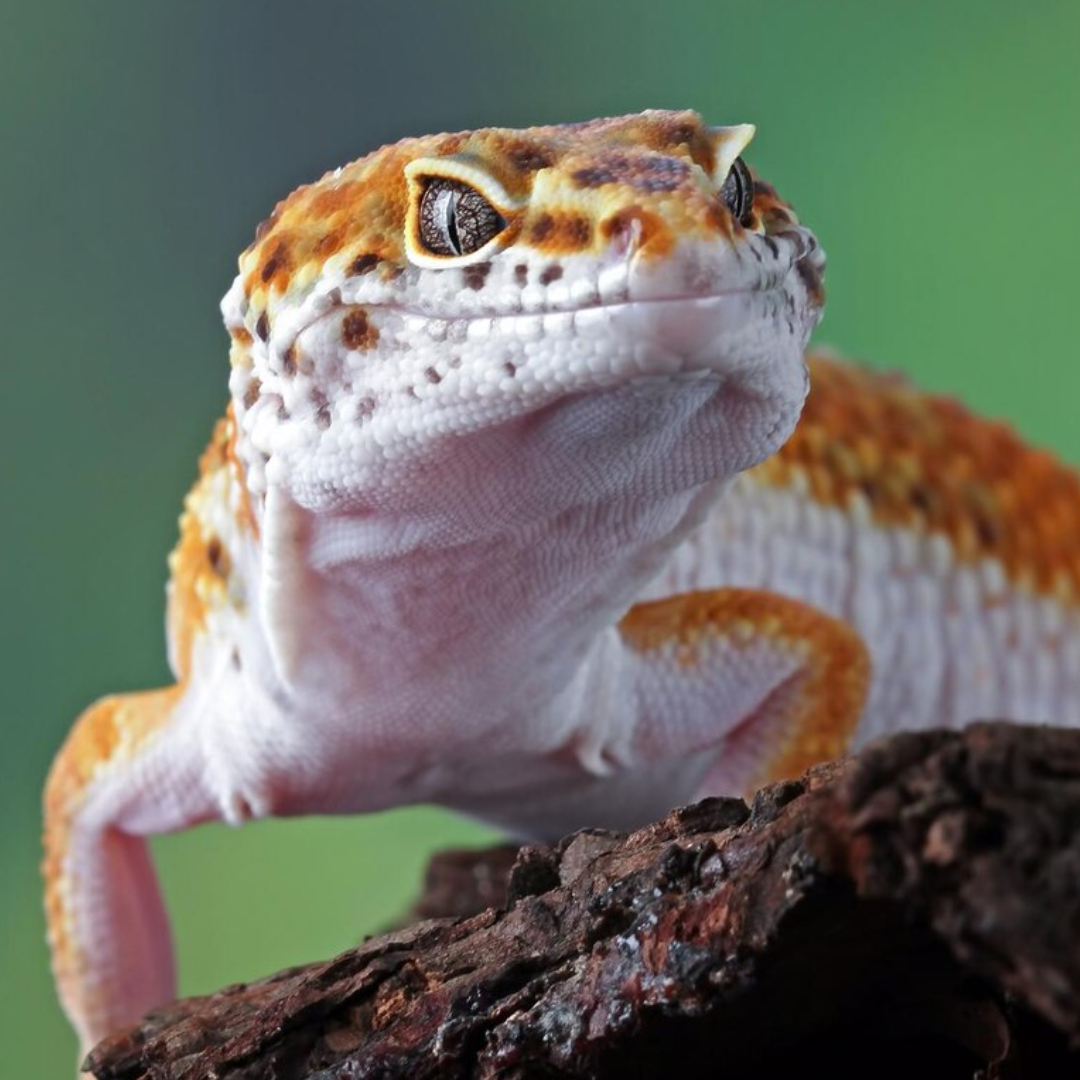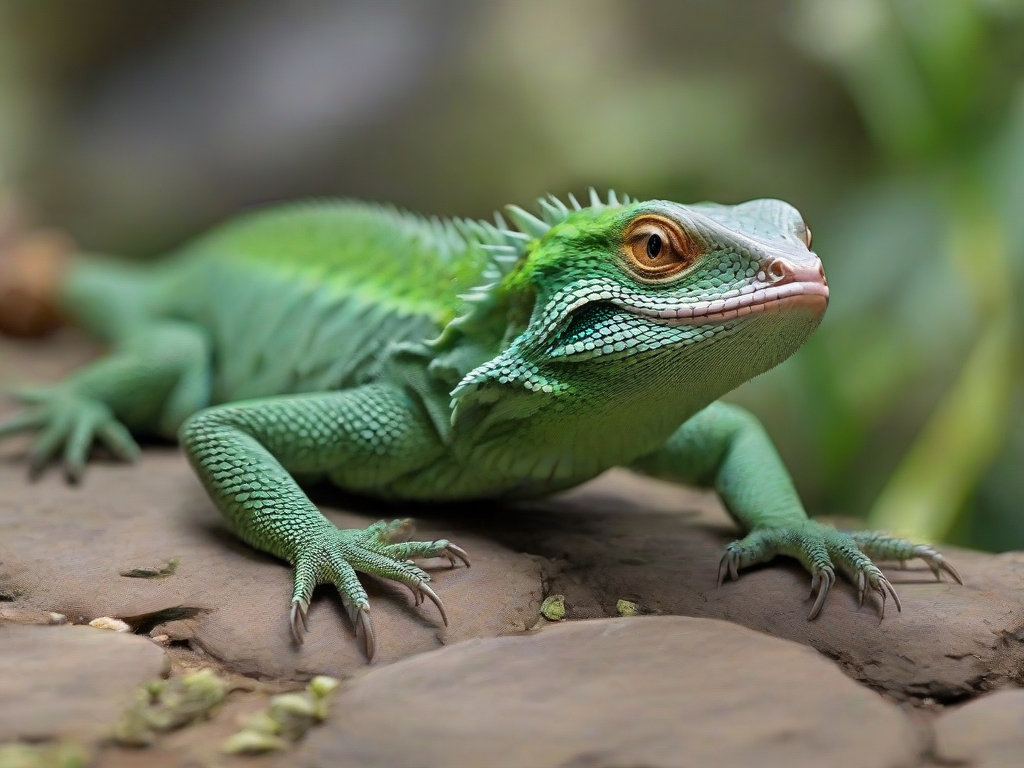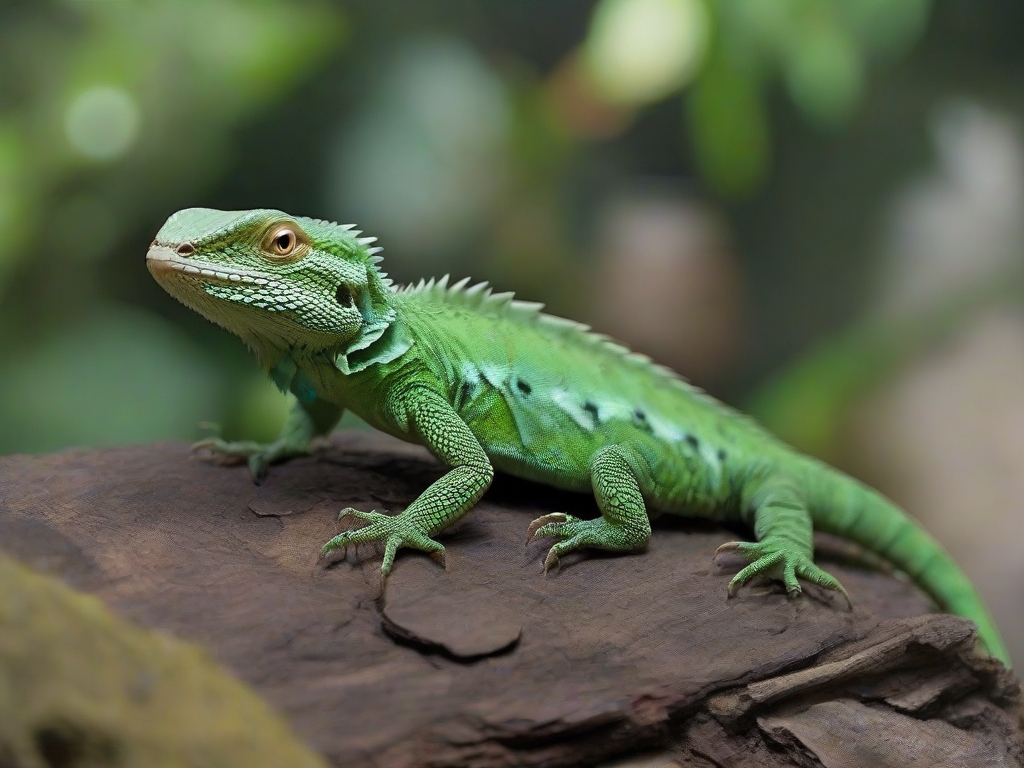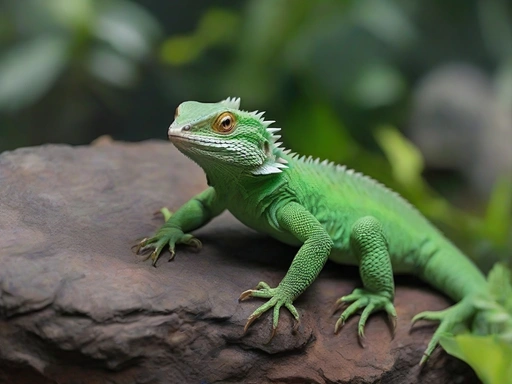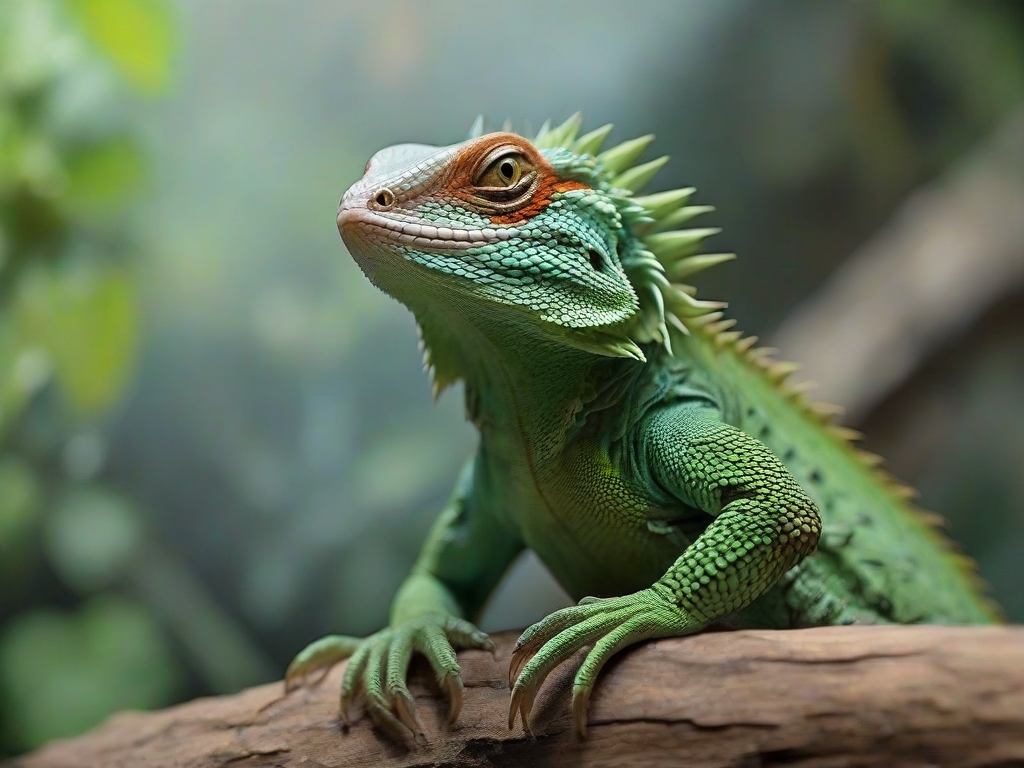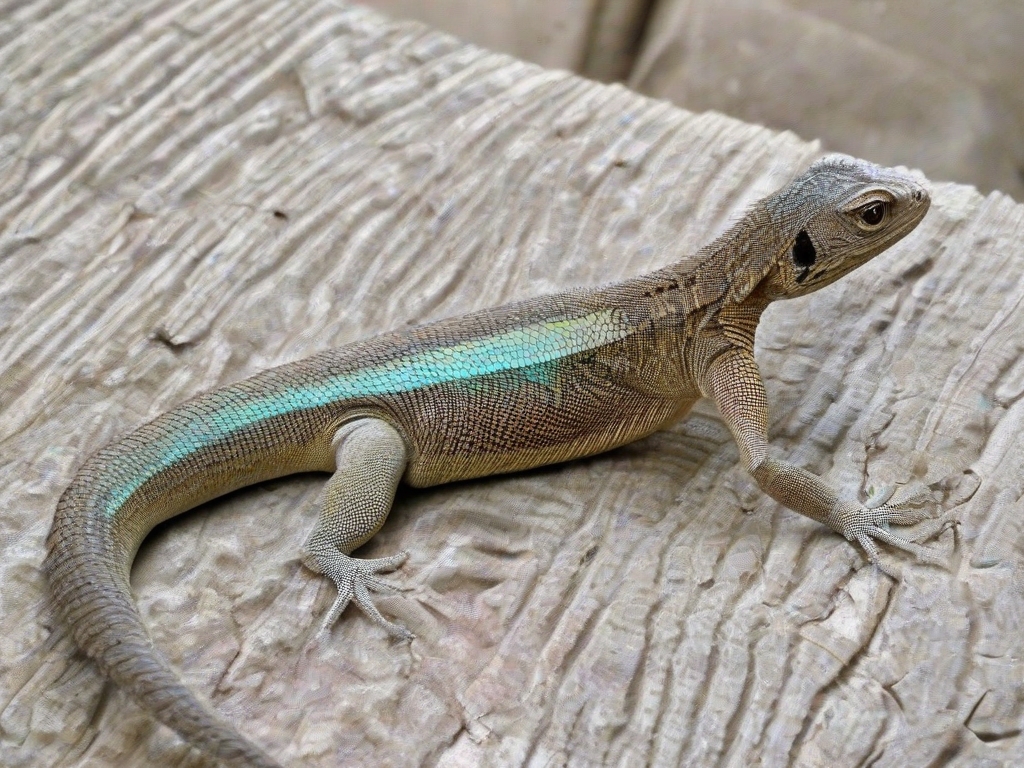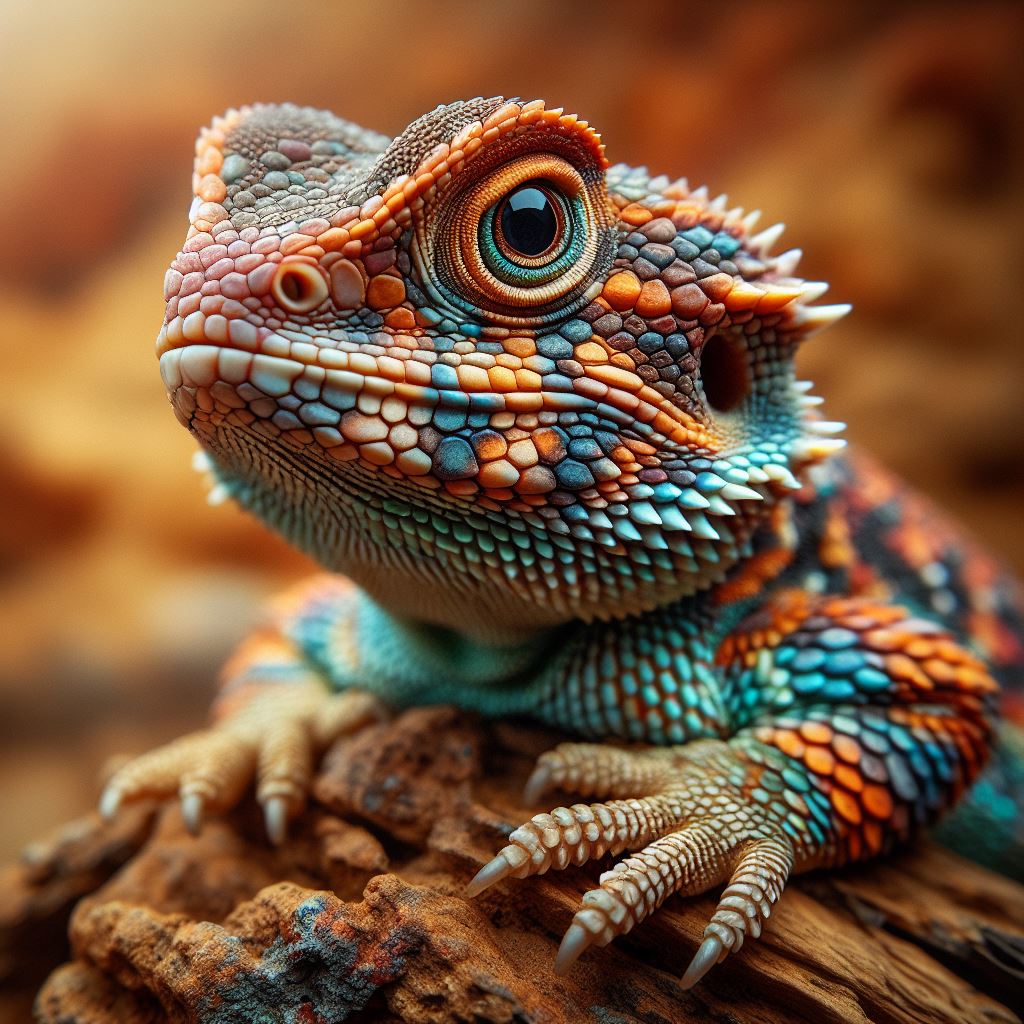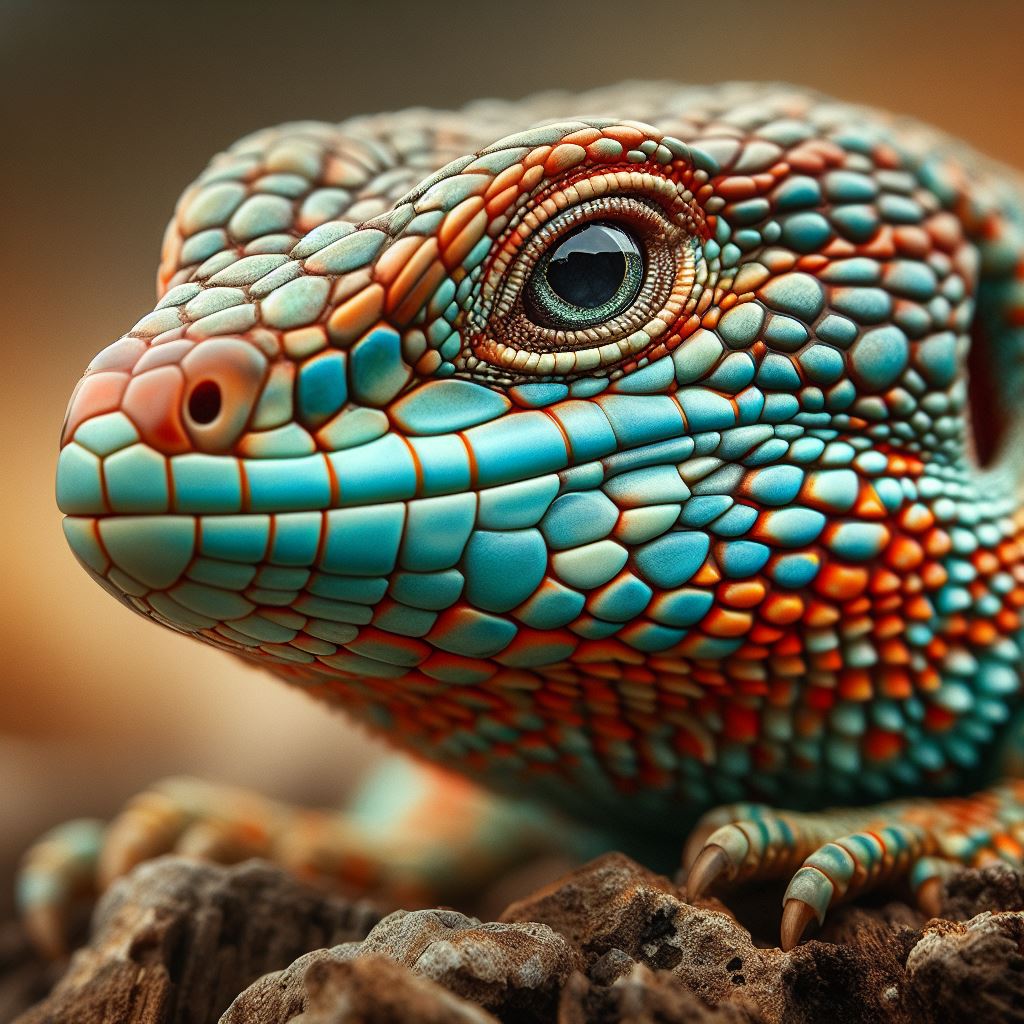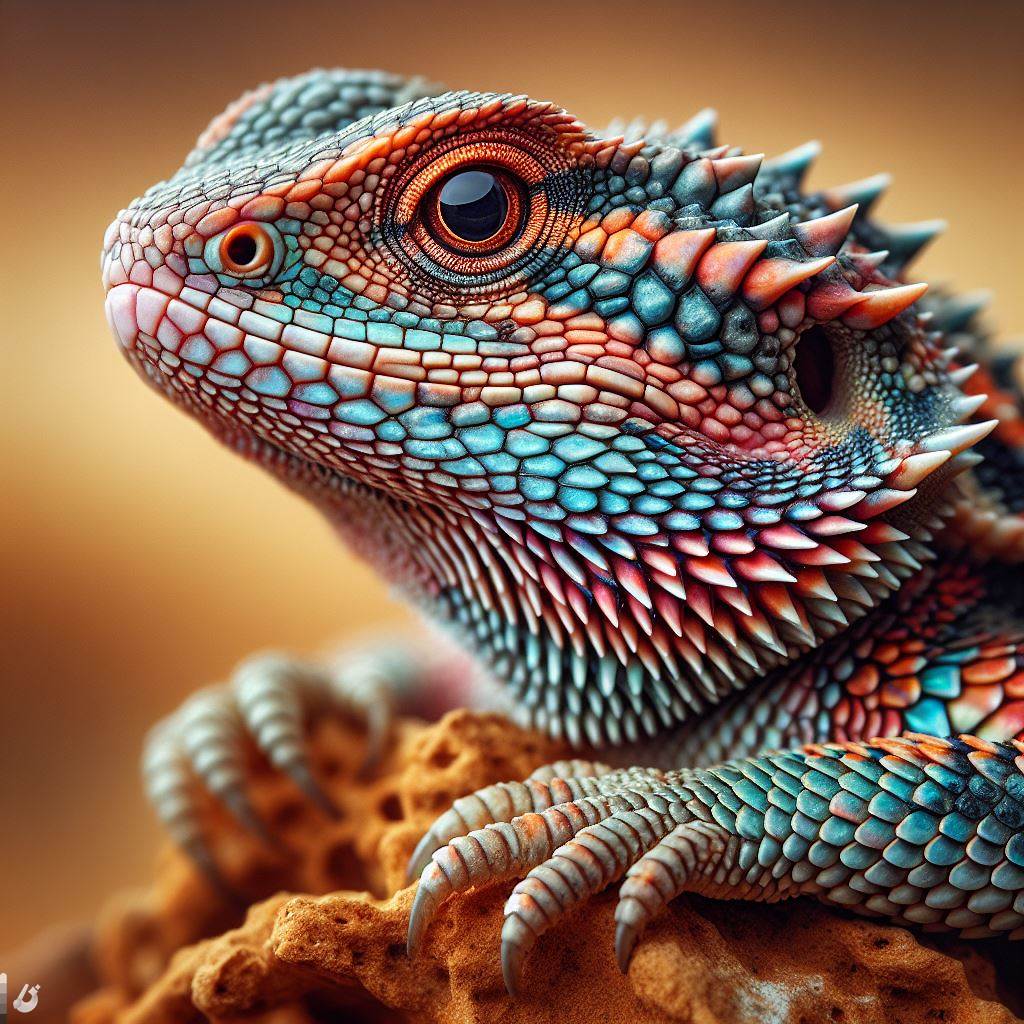Import Reptiles to the UK
Importing live reptiles to the UK is a regulated process that requires compliance with specific requirements and considerations to protect native wildlife and public health. Here, we delve into the details of importing live reptiles, including the necessary permits, documentation, and conservation responsibilities. By understanding the regulations and embracing responsible practices, individuals and businesses can contribute to biodiversity preservation.
To import live reptiles to the UK, several regulations and requirements must be followed:
CITES Compliance:
The Convention on International Trade in Endangered Species of Wild Fauna and Flora (CITES) governs the international trade of endangered species, including many reptile species. It is crucial to determine if the reptile species being imported is listed under CITES and comply with the relevant permits and documentation.
Import Licenses:
Obtaining the appropriate import license is necessary for bringing live reptiles into the UK. The Animal and Plant Health Agency (APHA), operating under the Department for Environment, Food and Rural Affairs (DEFRA), issues these licenses and provides guidance on specific requirements for different reptile species.
Health Certification:
Reptiles imported into the UK must undergo health checks and obtain a health certificate from an authorized veterinarian in the country of origin. This certificate ensures that the reptiles are free from infectious diseases and parasites, reducing the risk to native wildlife and public health.
Quarantine and Pre-Import Preparation:
Upon arrival in the UK, imported reptiles may be subject to a quarantine period. This helps prevent the introduction of diseases and allows for monitoring and observation of the reptiles' health before they are released into trade or captivity.
Permitted Species:
Certain reptile species are restricted from importation into the UK due to their invasive nature or potential risk to native wildlife. It is essential to consult the UK government's guidance and the Wildlife and Countryside Act to ensure compliance with the list of permitted species for importation.
In addition to meeting regulatory requirements, there are important conservation considerations to bear in mind:
Sustainable Sourcing:
Importers should prioritize sourcing reptiles from sustainable and legal sources. Ensuring that the reptiles have been legally and ethically obtained is crucial, taking into account their conservation status in the wild.
Avoiding Illegal Wildlife Trade:
The illegal wildlife trade poses a significant threat to reptile populations worldwide. Importers must be vigilant and avoid participating in this illicit trade, which involves activities such as smuggling, trafficking, or capturing reptiles from the wild without proper permits.
Animal Welfare: Importers have a responsibility to ensure the welfare of the reptiles throughout the importation process. Proper handling, transport, and care should be provided to minimize stress and ensure their well-being.
By adhering to these regulations and considerations, importers can contribute to the conservation of reptiles and the maintenance of a sustainable and responsible trade in live reptiles in the UK.
- Import Live Reptiles
- Import Live Reptiles
- Import Live Reptiles
- Import Live Reptiles
- Import Live Reptiles
- Import Live Reptiles
- Import Live Reptiles
- Import Live Reptiles
DOCUMENT REQUIREMENTS
- Certificate of Origin
- Bill of Lading
- Packing List
- Commercial Invoice
- Customs Clearance
